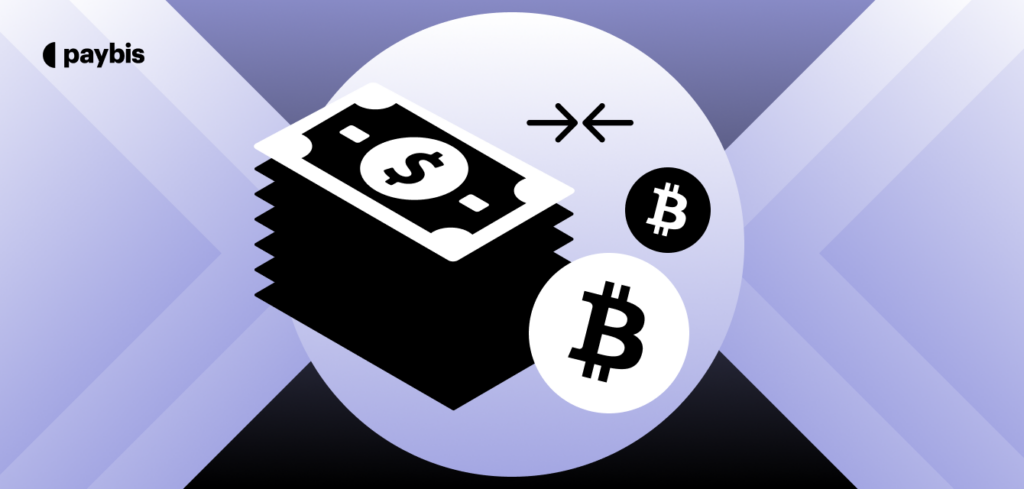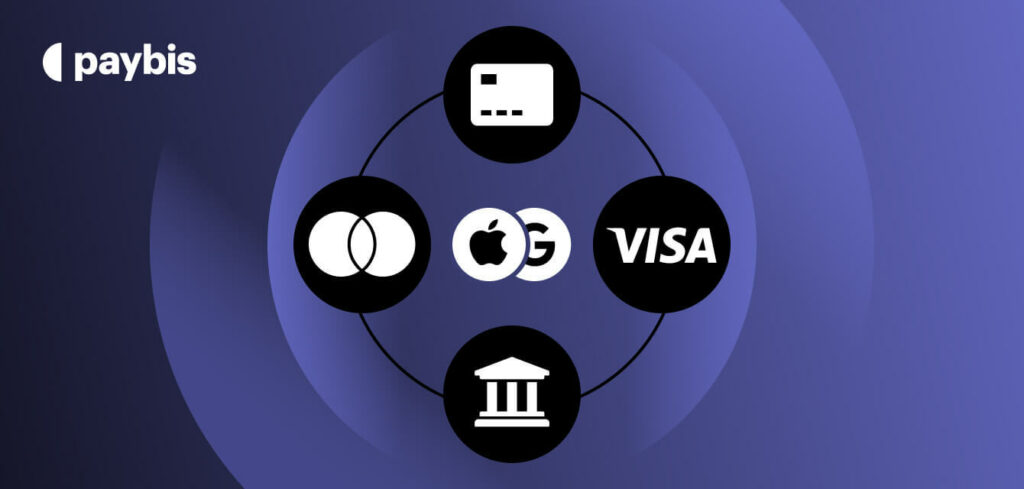Unbanked
The unbanked are people who do not have access to basic financial services such as bank accounts, loans, and savings, often including low-income households, rural communities, and marginalized groups
Table of contents
Who are the Unbanked?
The unbanked are individuals who lack access to traditional financial services, such as bank accounts, credit, and savings. This population is significant, with an estimated 1.7 billion people worldwide, or approximately 22% of the global population.
What causes Being Unbanked?
Poverty is a primary cause of being unbanked, particularly in developing countries where financial institutions may not be readily available or accessible. In developed countries, privacy concerns and trust issues with traditional financial institutions can also contribute to individuals being unbanked.
How Crypto Helps the Unbanked?
Cryptocurrencies, such as Bitcoin and Ethereum, offer several benefits to the unbanked population:
- Financial Inclusion: Cryptocurrencies provide access to financial services for individuals who may not have had access to them before, promoting financial inclusion and reducing inequality.
- Hedge against Inflation: Cryptocurrencies can serve as a hedge against inflation, which can be particularly problematic in countries with unstable economies, helping to preserve the purchasing power of individuals’ savings.
- Remittances: Cryptocurrencies enable fast, secure, and low-cost remittances, which can be a significant benefit for individuals who rely on international money transfers to support their families or businesses.
- Microtransactions: Cryptocurrencies enable microtransactions, which can be useful for small purchases or transactions, promoting financial flexibility and convenience.
- Decentralized Finance (DeFi): Cryptocurrencies have given rise to DeFi, which offers a range of financial services, including lending, borrowing, and savings, all on a decentralized and trustless basis.
- Financial Literacy: Cryptocurrencies can help promote financial literacy, as individuals can learn about financial concepts, such as blockchain, wallets, and private keys, in a hands-on and interactive way.
Challenges of Crypto as a Solution for the Unbanked
While cryptocurrencies offer several benefits to the unbanked population, there are also potential challenges to consider:
- Regulatory Uncertainty: The regulatory environment for cryptocurrencies is still evolving and can be unclear in many countries.
- Volatility: Cryptocurrency prices can be highly volatile, which can make them risky for individuals who are new to financial services.
- Lack of Financial Literacy: The unbanked population may not have the necessary financial literacy to fully understand the benefits and risks of cryptocurrencies.
Conclusions
In conclusion, cryptocurrencies have the potential to provide financial services to the marginalized, offer a hedge against inflation, and enable fast and secure remittances. However, there are also potential challenges to consider, including regulatory uncertainty, volatility, and a lack of financial literacy. As the use of cryptocurrencies continues, it is important to address these challenges and ensure that they are used in a responsible and sustainable way to benefit the unbanked population.
References:
https://openknowledge.worldbank.org/bitstream/handle/10986/37578/9781464818974.pdf
https://www.worldbank.org/en/publication/globalfindex/Report
Browse the Paybis Glossary to master more web3 lingo!
Alternatively, explore related terms and articles below.
Disclaimer: Don’t invest unless you’re prepared to lose all the money you invest. This is a high‑risk investment and you should not expect to be protected if something goes wrong. Take 2 mins to learn more at: https://go.payb.is/FCA-Info


![How to Protect Yourself From Dollar Collapse [2026 UPDATE]](https://paybis.com/blog/wp-content/uploads/2020/06/How-to-Protect-Yourself-From-Dollar-Collapse-1024x489.jpg)